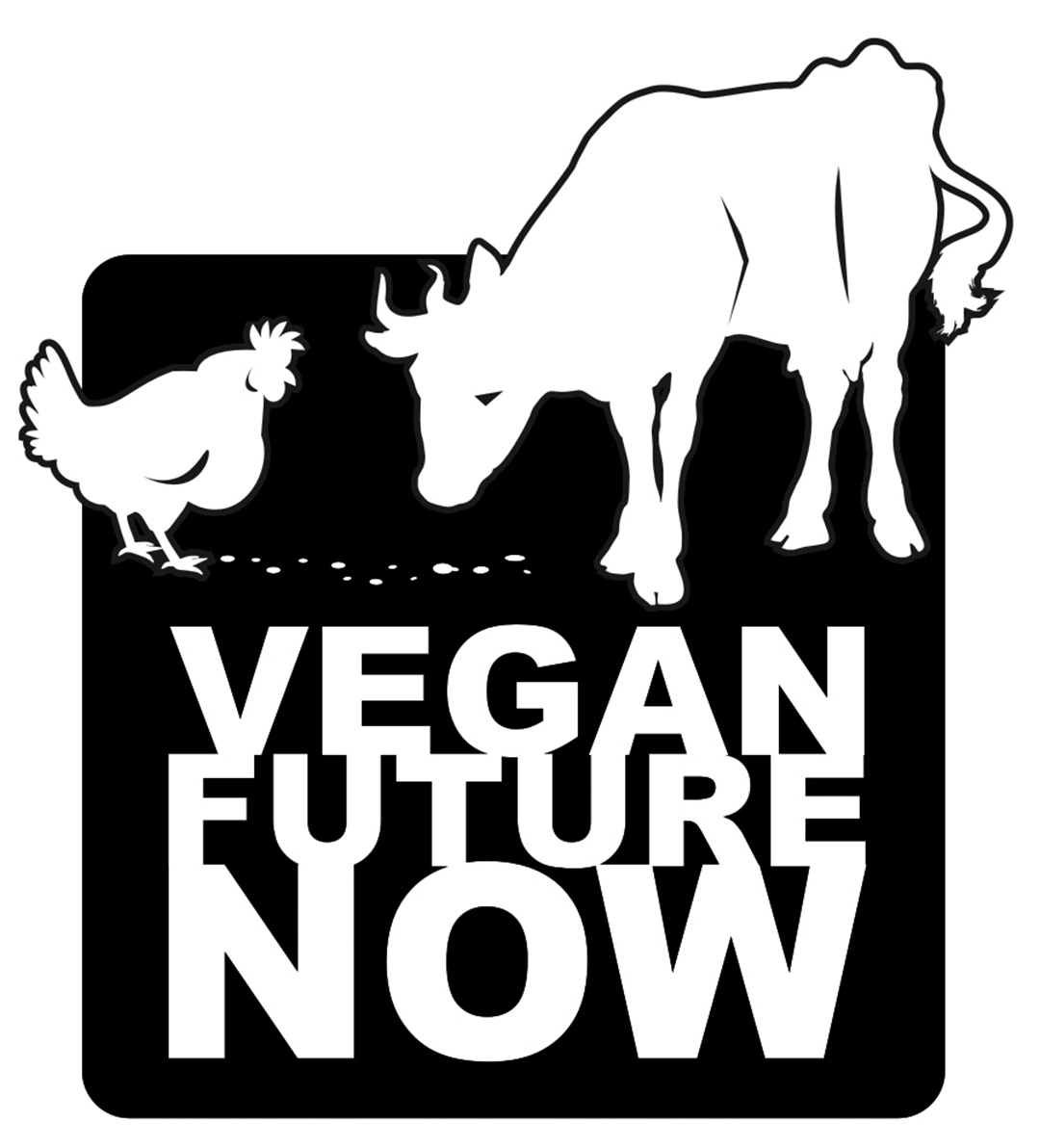“What the vegan concerns herself with is minimizing harm as much as she can by making choices that don’t require that animals be enslaved, exploited, and slaughtered.”
Like so many logical fallacies, this line of attack against veganism has a charming Latin name: "Tu Quoque", which means “You also” or “You're another (person who does awful things)”. And although field mice are a favorite object of concern among the opponents of veganism, these delightful creatures by no means have a monopoly on their affections. In fact, no life-form is too small to elicit the feverish concern of those who marshal this argument and whose compassion is so far-reaching that it often extends even to bacteria, which–they are eager to point out–vegans callously exterminate en masse whenever they eat.
As with the I Once Saw A Vegan Wearing Leather Shoes! (non)argument against veganism, the intention of the Tu Quoque response is to undermine the moral authority of the person making the case, while completely and conveniently side-stepping the position he or she is actually advancing. After all, if one's opponent can be exposed as a callow hypocrite, then what more needs to be discussed, right? Well, kind of a lot, as it turns out.
It is the intention of most vegans to cause as little harm and as little suffering as possible to all sentient beings, including field mice. That some measure of harm will result from some of our choices is practically unavoidable. What the vegan concerns herself with, however, is minimizing that harm as much as she can by making choices that don't require that animals be enslaved, exploited, and slaughtered. If those choices do involve harm to or the suffering of other beings, such harm or suffering is incidental, and not intentional. That is vastly different from making choices in which the suffering of and harm to non-human animals are intrinsic elements, as they are in the production of meat. One cannot eat the muscles and organs of non-human animals without first removing them from that animal's body, a process that obviously and invariably requires the slaughter and dismemberment of that animal.
One of these items required the violent death of a sentient being. The other one is a magic, floating potato.
Contrariwise, there is nothing in the harvesting of potatoes or other edible plants that requires the sacrifice of field mice, or boll weevils, or aphids, and any harm done to them in the process of cultivation (although regrettable) is not an intrinsic or necessary element of the process itself. Such is demonstrably not the case with the killing and eating of animals, and any attempt to represent the two practices as morally equivalent is therefore wholly unjustified. And it is unjustified not just on the grounds of the vast difference of intentionality of the vegan versus that of the non-vegan, but also on the purely practical grounds that the production of meat, eggs, and dairy requires enormous quantities of grain and forage.
The production of just one pound of beef, for instance, requires sixteen pounds of grain. Producing one pound of pork requires six pounds of grain. If we accept the premise of the Tu Quoque argument against veganism, then it follows that the person who consumes an animal must also assume the additional moral responsibility of any animals harmed or killed in the harvesting of the plants required to feed that animal. It is therefore inarguable that whatever minimal harm might be done as an indirect result of a human diet that consists entirely of plants amounts to a tiny fraction of the harm done by a diet that includes animals, who must themselves be fed quantities of plants far greater than what even the most ravenous vegan could be expected to consume.
Your argument is invalid.
See also Plants Have Feelings, Too! and Who Are You To Judge?!


